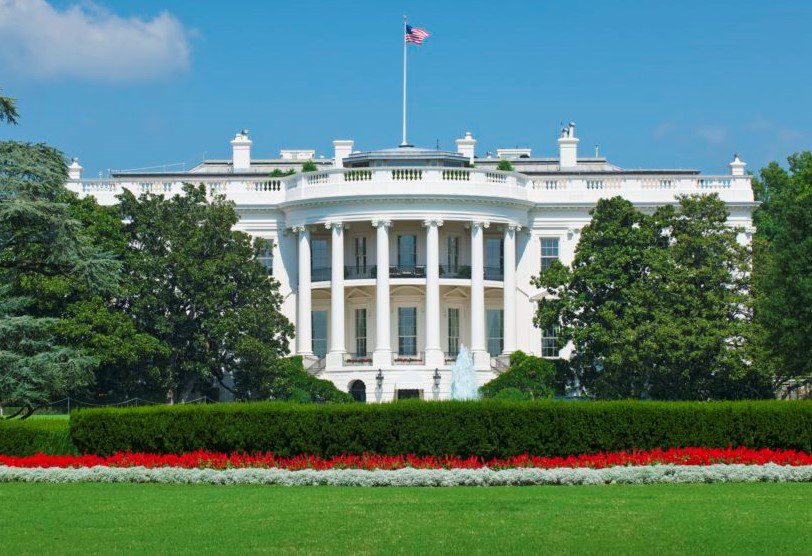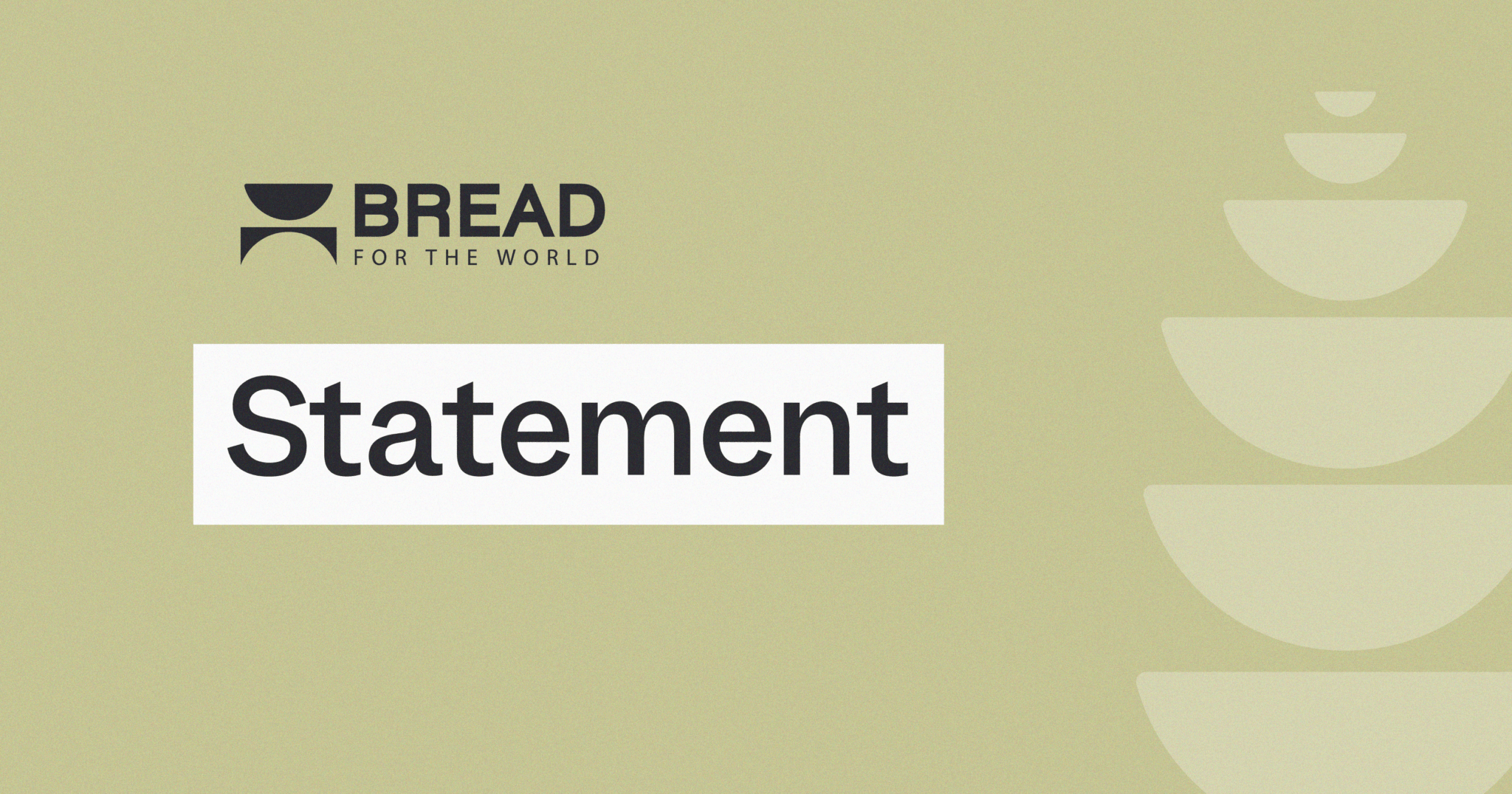Washington, D.C. – Bread for the World today welcomed President Joe Biden’s executive order recommitting the United States to the Paris Agreement, the global roadmap to address climate change. The following statement can be attributed to Asma Lateef, director of Bread for the World Institute:
“Bread for the World welcomes the executive order signed by President Biden recommitting the United States to the Paris climate agreement. Climate change is a primary driver of hunger globally, and the world will not be able to end hunger unless we bring climate change under control.
“By 2030, there may be an additional 100 million people living in extreme poverty as a direct result of climate change. Children in climate-affected areas are more vulnerable than adults to the impacts of droughts and floods, such as hunger and malnutrition when crops are destroyed, and the spread of vector-borne diseases such as dengue and malaria as a result of extreme heat.
“The U.S. is one of the largest emitters of the greenhouse gasses which cause climate change and must act to reverse the impact. As the administration and Congress begin the difficult work of restoring an economy broken by the COVID-19 pandemic, we urge them to take a comprehensive approach that includes creating green jobs that reduce inequality and transforming our food system to deliver better nutrition and slow climate change.”



